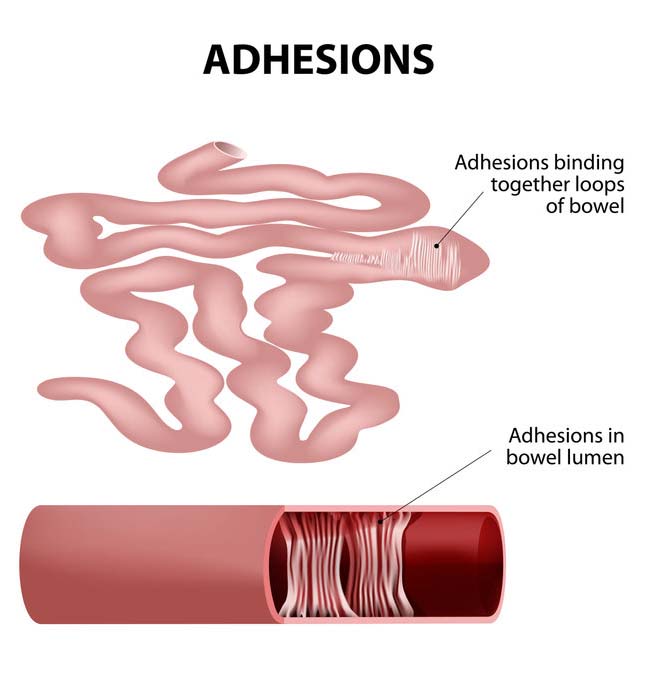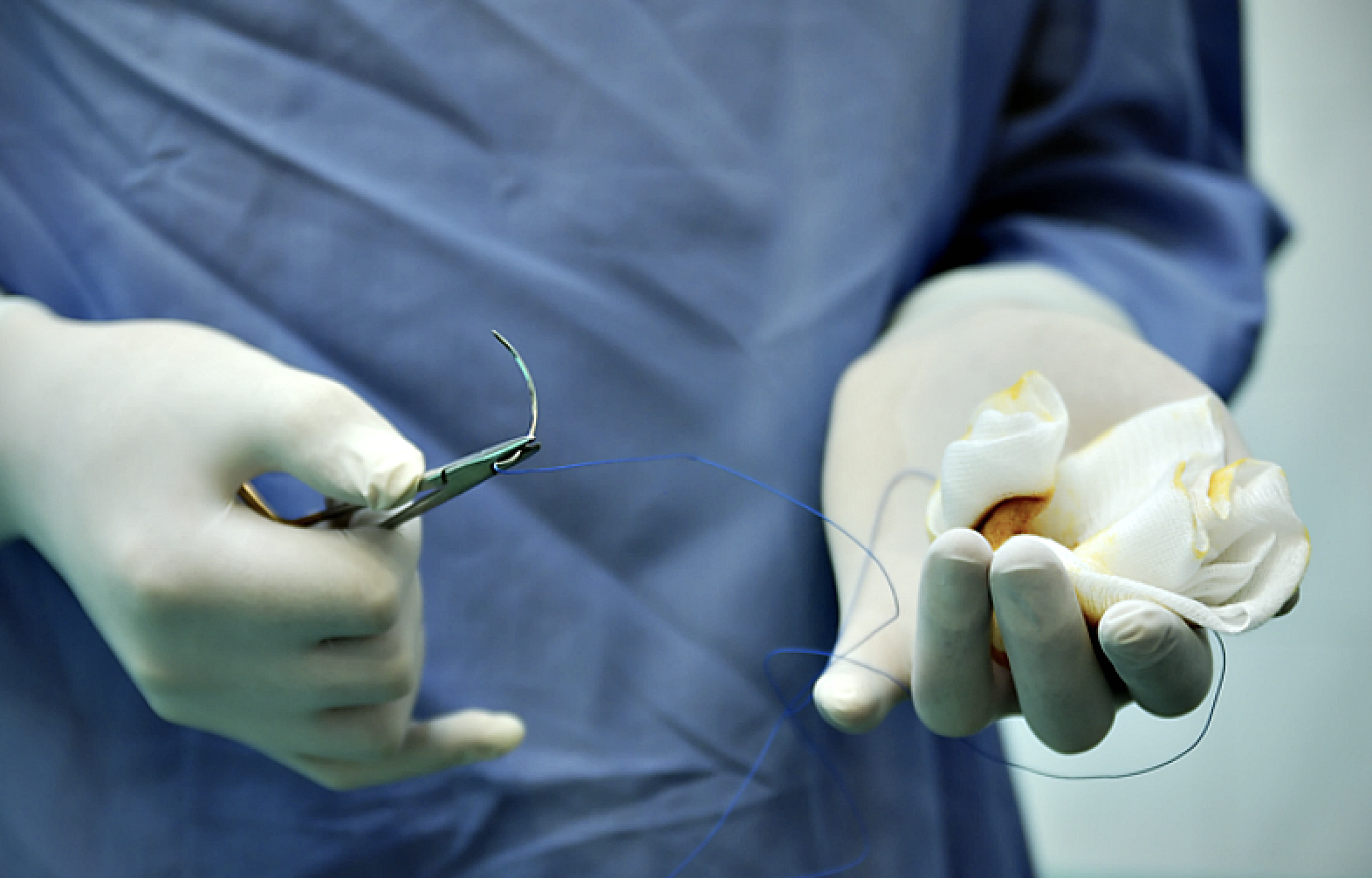Breathtaking Info About How To Treat Abdominal Adhesions

If you have lots of surgery, you may get more adhesions.
How to treat abdominal adhesions. Adhesions can also build up if you have an ongoing inflammatory condition such as endometriosis. More surgery, however, carries the risk of additional. Posted by kay @foxfire, may 18, 2021 i have had 2 open surgeries the first to remove a liver cyst the second to.
If the symptoms are typical of adhesions and there is a history of previous abdominal surgery, then the doctor may suspect adhesions and. See your doctor if you experience shoulder pain or stiffness. How are adhesions diagnosed?
Surgery is the only way to treat abdominal adhesions that cause pain, intestinal obstruction, or fertility problems. They will insert special surgical tools and a thin tube with a camera and light source to examine and. For instance, in abdominal surgery, adhesions may lead to.
Normally, internal tissues and organs have slippery surfaces so they can shift easily as. With laparoscopy, a doctor places a camera into your body through a small. How is intestinal obstruction caused by abdominal adhesions treated?
How are abdominal adhesions diagnosed? If abdominal adhesions don’t cause symptoms or complications, they typically don’t need treatment. Your surgeon will make several small incisions (cuts) in your abdomen.
How are abdominal adhesions and intestinal obstructions treated? Bhama says that different scenarios can impact your development of adhesions, for example, if any infections were present or your nutrition status. How do doctors treat abdominal adhesions?
Abdominal adhesions are bands of fibrous scar tissue that form on organs. Two common surgical techniques used to treat abdominal adhesions are laparoscopy and laparotomy. Treatment is not usually needed for abdominal adhesions that are causing no problems.
Treatment for abdominal adhesions is usually not necessary, as most do not cause. Method 1 treating adhesive capsulitis 1 have a doctor examine the affected shoulder. Abdominopelvic radiation used for treatment of a variety of malignancies, including gynecologic, prostatic, rectal, or lymphoproliferative diseases,.


















